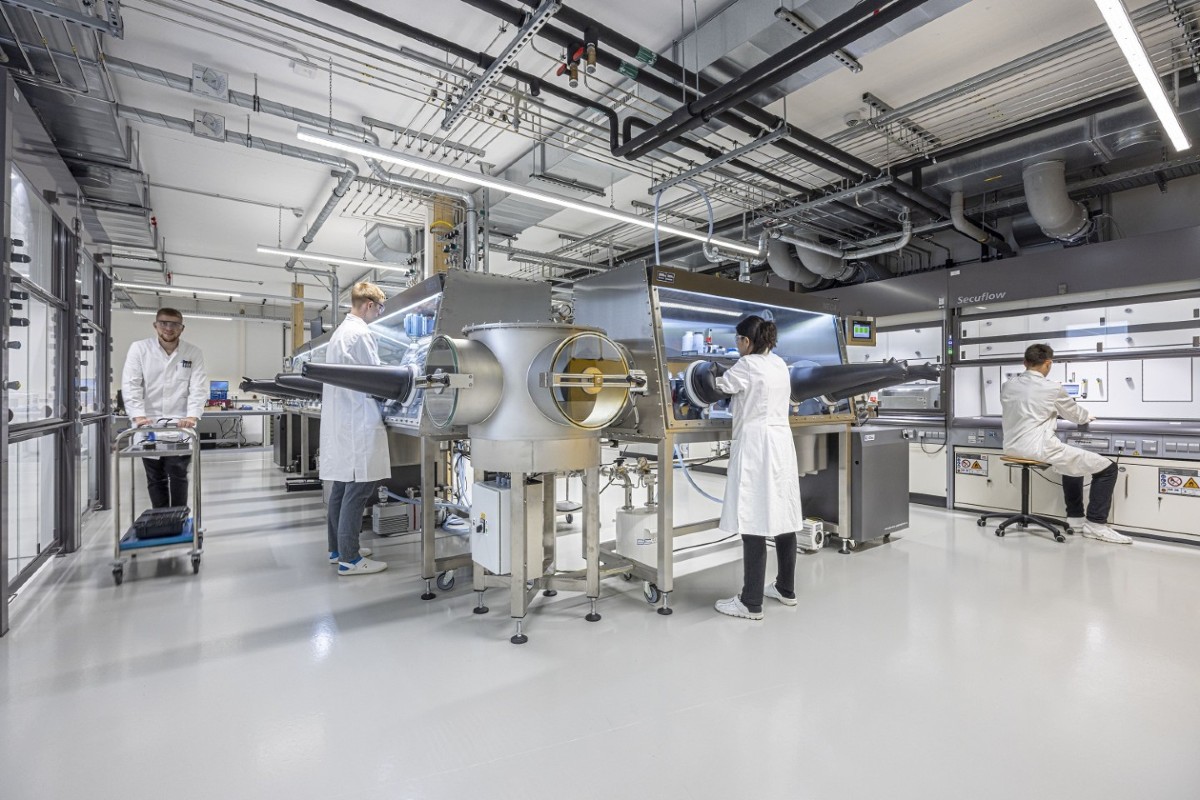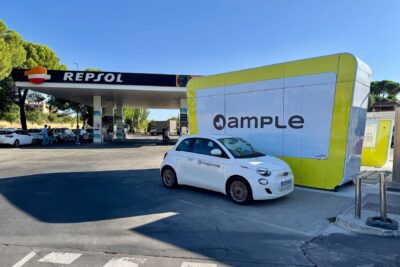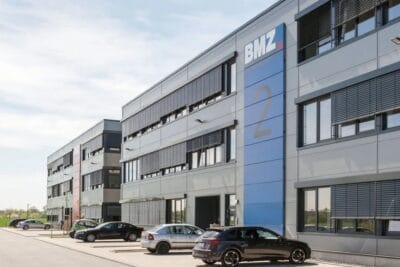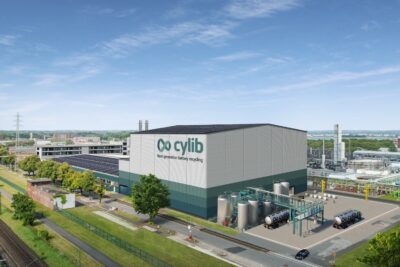Fraunhofer ISE opens battery research centre in Freiburg
In the new competence centre in the Haid industrial park in Freiburg, Fraunhofer ISE will conduct research into innovative battery materials and cells in over 3,700 square metres of laboratory space. The institute also states that the new centre will also develop optimised solutions for battery systems, promote their integration into various applications and carry out comprehensive quality assurance tests on batteries. The new facility is officially called the ‘Centre for Electrical Energy Storage’.
Fraunhofer ISE has been conducting research along the battery value chain for many years. With the new facilities in Freiburg, the scientists are primarily aiming to make progress in the sustainability, safety and performance of batteries. Specifically, the institute wants to use the centre to offer ‘development and testing services from a single source for a wide range of customers, from material and battery manufacturers to machine builders, integrators and operators for use in electromobility or as stationary storage systems’. The institute also co-operates with industrial partners on recycling and issues relating to the further use of disused batteries (‘2nd life’).
According to Fraunhofer ISE, the building itself also serves as a “living lab” for research: in the Haid-Power project, which was funded by the state of Baden-Württemberg with three million euros, the centre received a modular hybrid battery storage system with a capacity of 836 kWh, which, together with an 850-kilowatt photovoltaic system on the flat roof, supports the building’s energy supply. Under real operating conditions, battery-based solutions for commercial and industrial use and new operating strategies such as intelligent load management can be tested, according to the centre. As part of the ecoLEPuS project, for example, a fast-charging station with buffer storage is being installed to test second-life batteries for use in high-performance applications.
The centre was funded by the Federal Ministry of Education and Research and the Baden-Württemberg Ministry of Economic Affairs, Labour and Tourism, which each contributed nine million euros. “We are grateful for this funding, as it has enabled us to build a research infrastructure with state-of-the-art characterization instruments, industry-oriented process equipment and unique facilities. We can now develop materials, technologies, production processes and applications with a focus on the practical relevance, carrying this out together with our industrial customers or in close collaboration with Fraunhofer’s battery cell research production,” explained Institute Director Professor Hans-Martin Henning. The extent to which the recently inaugurated facility is affected by the prospective reduction in federal funding for battery research is not clear from the accompanying press release from the Fraunhofer-Gesellschaft.





0 Comments